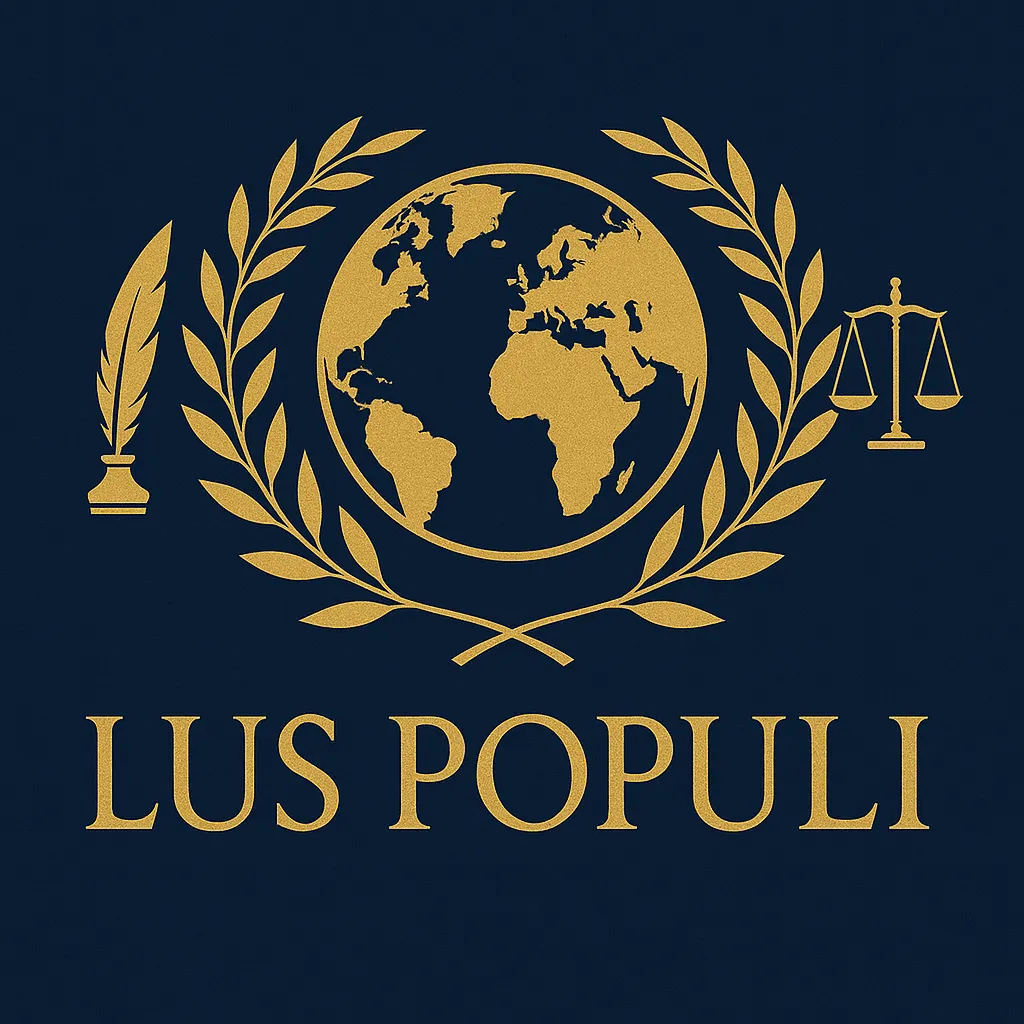
LPMUN 2025
“Empowering Youth Through Diplomacy”
Dates
Saturday, June 7, 2025 - Sunday, June 8, 2025
Location
Delhi, India
Expected Delegates
100 delegates
Registration Fee
Contact organizer
Application Deadline
Saturday, June 7, 2025
LUS POPULI MUN 2025
Date: 7th - 8th June 2025
Conference Overview:
LUS POPULI MUN 2025 promises to be an engaging and intellectually stimulating two-day conference, where young leaders will come together to discuss and debate critical global issues. Through rigorous debates, passionate speeches, and the application of diplomacy, delegates will engage in some of the most pressing issues of our time, seeking innovative solutions that shape the future of international relations and domestic policy.
The conference will feature two high-level committees:
1. UN Human Rights Council (UNHRC)
Topic: The Human Rights Implications of Anti-LGBTQ+ Legislation Worldwide
In this committee, delegates will confront the stark reality of increasing anti-LGBTQ+ legislation across the globe, particularly in countries where laws and policies infringe upon the rights of LGBTQ+ individuals. This committee will explore the intersections of human rights, culture, and national sovereignty, while considering how the international community can offer support and enact meaningful change to protect LGBTQ+ individuals’ rights and freedoms.
Key Areas of Discussion:
- Analysis of the global trend towards anti-LGBTQ+ legislation
- The role of international bodies like the UN in advocating for LGBTQ+ rights
- The human rights implications of such laws
- Cross-cultural approaches to inclusion and protection
- Policy recommendations for global cooperation and advocacy
2. All India Parliamentary Political Models (AIPPM)
Topic: Caste Census: Representation, Equality, and Policy Implications
The caste census has been a matter of intense political debate in India. In this committee, delegates will explore the socio-political ramifications of conducting a caste census. The discussion will focus on the benefits and potential challenges of caste-based data collection, its implications on affirmative action policies, and the need for equitable representation of marginalized communities in India’s governance structures. This committee will be an opportunity to engage with themes of identity, equality, and policy-making in the context of one of the world’s largest democracies.
Key Areas of Discussion:
- The historical context of caste in India and its impact on society
- The need for a caste census: Advantages and drawbacks
- The role of data in shaping government policies and programs
- Ethical concerns surrounding caste-based classifications
- Social justice, representation, and equality in policy decisions
Prizes:
To recognize the exceptional diplomacy and intellectual rigor demonstrated during the conference, the following prizes will be awarded:
- Best Delegate: Awarded to the delegate who exhibits outstanding knowledge, diplomacy, and leadership.
- Best Position Paper: For the delegate with the most insightful and comprehensive position paper.
- Honorable Mention: Recognizing delegates who have demonstrated strong participation and have significantly contributed to the debate.
Why Attend?
LUS POPULI MUN 2025 is not just an opportunity to engage in debates; it’s a chance to gain valuable experience in diplomacy, public speaking, and international relations. You’ll get the chance to build lasting connections, challenge your perspectives, and be part of a community of passionate individuals striving for change.
Prepare for a weekend of inspiring debates, enriching discussions, and unforgettable experiences!
Registration Details:
- Dates: 7th - 8th June 2025
- mode : ONLINE
- Registration Deadline: 30 May 2025
Organizers
Bandana Jha
Committees
Topic
The Human Rights Implications of Anti-LGBTQ+ Legislation Worldwide
Topic
Caste Census: Representation, Equality, and Policy Implications